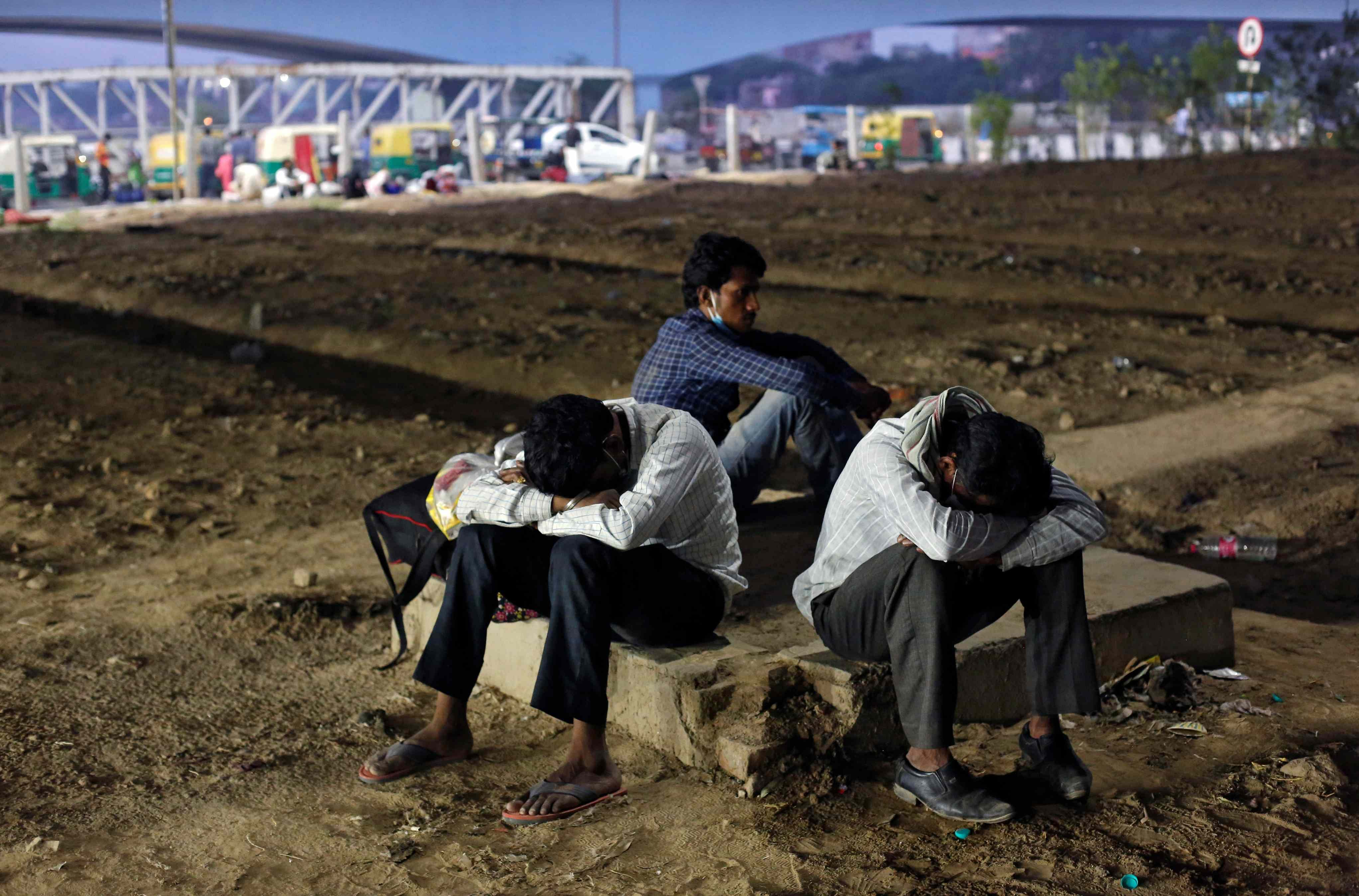
The spread of Covid-19 to the small towns and rural areas of the country may be altering the nature of economic activity of people living in these areas. All round disruption caused by lockdowns, rising prices of frequently consumed items due to supply shortages and the increased pressure on employment are the main causes for these changes.
Until recently, education and migration to large cities was the road to socio-economic improvement and better consumer-oriented lifestyles for people from small towns and rural areas. But Covid-19 is altering, at least temporarily, how people negotiate their dependence on large cities or even the closest large urban centre, especially in the context of their daily economic struggles.
The suspension of the weekly village and town fairs along with the disruption of transportation has hurt access to markets for both buyers and sellers. The relaxation in lockdowns and permission for transportation of goods has not altered economic dynamics since reopening has been slow. This has largely, if not completely, reduced the interactions between the nearest metropolitan or large city and small town or village – unlike in the pre-pandemic era. The lack of healthcare infrastructure adds to overall fears and concerns of people.
All this is leading to a number of important, albeit gradual, changes. If this trend persists, it could even alter the economic changes of the past two decades.
Economic impact
Let’s look at what these changes are. First, the decline in migration to large urban centres has depressed employment avenues and there is an increased dependence on the National Rural Employment Guarantee Scheme and agricultural work, which is just starting.
Second, not all businesses are suffering in small towns and rural areas. Shops and establishments dealing with daily household items have seen a sharp increase due to the inability of people to travel to large urban areas to source their needs.
Third, there is an exponential increase in the demand for credit, which has been aggravated by the complete unwillingness of the formal banking sector to lend – except for “evergreening” of old loans. Credit is now mostly provided by the pawn brokers and the occasional branch of the gold loan non-banking finance company. Credit from pawnbrokers and informal money lenders is the most important source of credit for consumption and for working capital. A new feature is that now even informal lenders require gold as collateral. Rising gold prices make this borrowing easier.
Fourth, the dearth of employment avenues has increased the number of people who are taking up petty trade as a livelihood option which entails buying from the small towns and selling in the neighbouring villages.
A fifth important discernible trend is the increasing number of people in rural areas, especially those with land holdings, investing in milch animals since there is an impression that additional incomes from petty commodity production is absolutely necessary. Often these purchases are funded by pledging gold. This renewed focus on petty commodity production like milk and animal husbandry augurs well if this becomes a more pronounced feature. It is reminiscent of the 1970s to the 1990s, when this was an important source of income for rural households.
Lastly, shared public transport run mostly by the self-employed is an unfortunate loser, while there is an increased demand for two-wheelers, which has surprised even the local financiers.
Road ahead
It is as yet unclear if these changes will gain any level of permanency. That, in turn, will be directly dependent on how quickly the cure reaches these small towns or at the least the ability of a possible cure to instil confidence. One change that is likely to last longer is the importance of petty commodity production because of its ability to quickly generate household incomes. Any household that benefits from an increase in incomes from petty commodity production is unlikely to ignore them in future. However, as of now, the question that is uppermost in the minds is how long these changes, good or bad, will last. That is something which nobody has an answer for or even a clue.
(S Ananth is an independent researcher based in Andhra Pradesh. Views are strictly personal)
Disclaimer: The views expressed above are the author’s own. They do not necessarily reflect the views of DH.